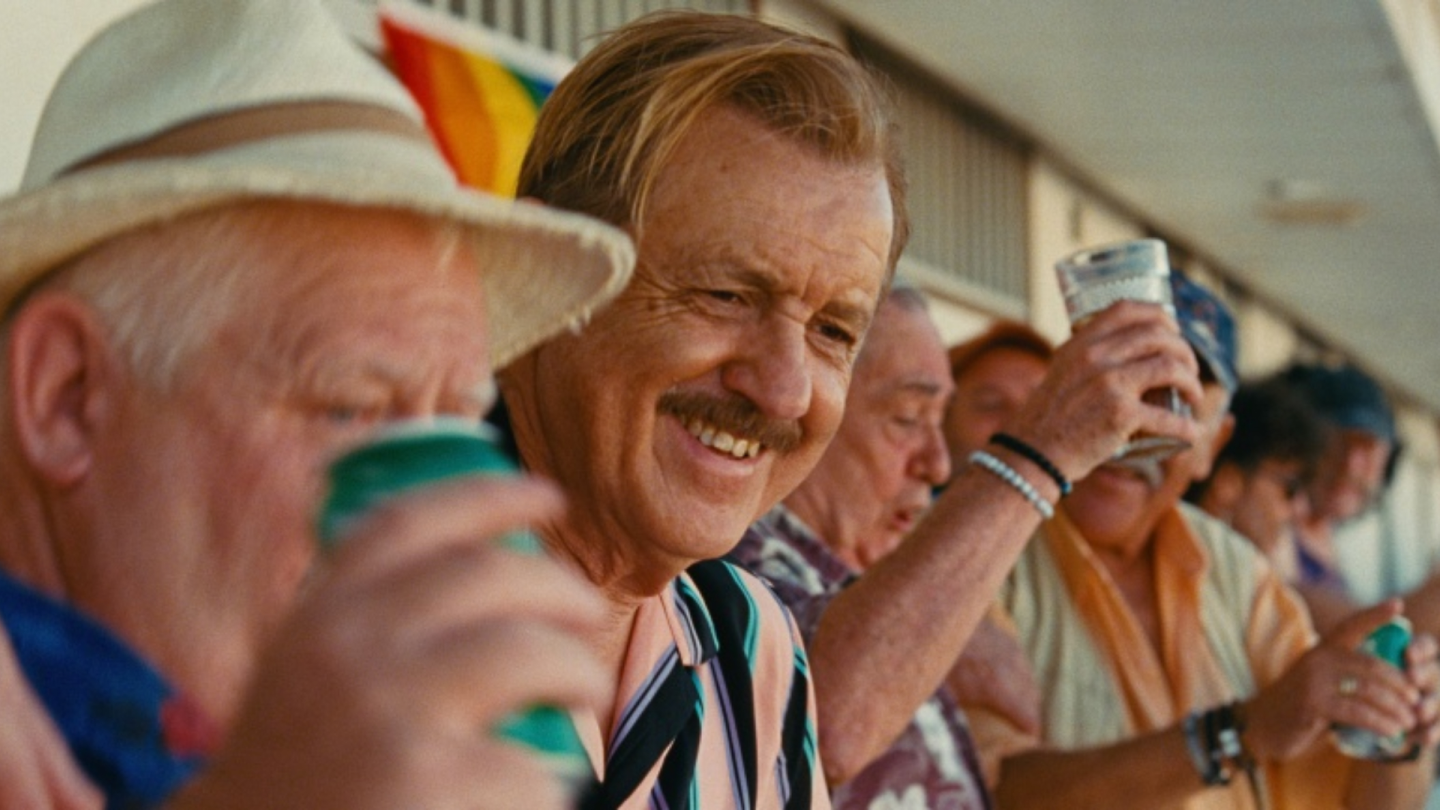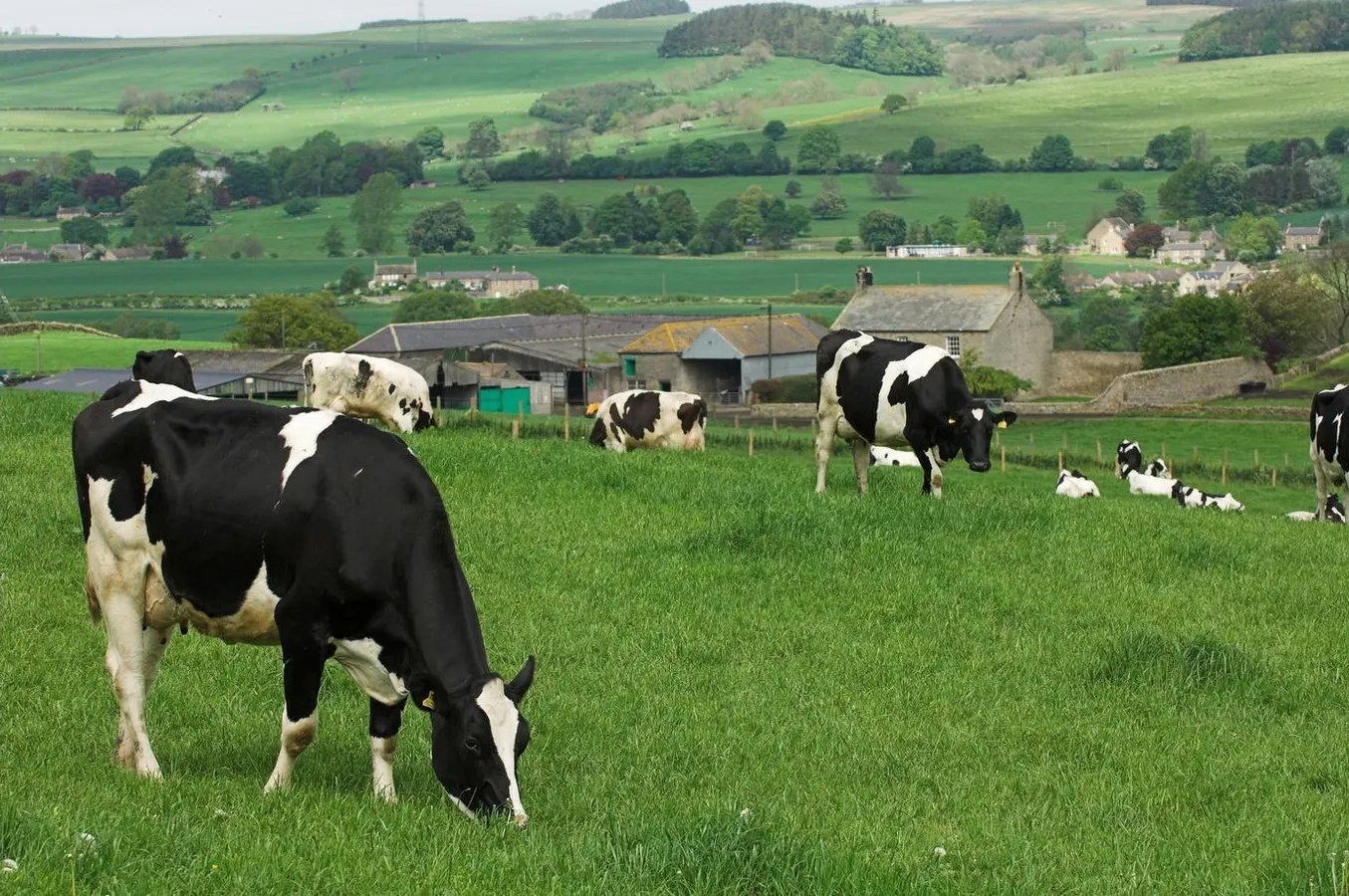
“For the first time in a long time,” begins San Sebastian Film Festival director José Luis Rebordinos, “everyone in Basque cinema is working together: the producers, Basque TV, the Basque government, the festivals. When we have a problem, we discuss in the office — not in the media.”
He speaks as Basque cinema enters the white hot spotlight at Spain‘s leading film festival, running Sept. 19-27. Amid a colossal 37 Basque features premiering at the event this year are three titles in competition, but all of them are bidding for the coveted Irizar Basque Film Award, a selection with its own specific jury.
“Basque presence is everywhere,” says Mar Izquierdo, coordinator of Zineuskadi, a non-profit working at the beating heart of Basque cinema production. “And we know that [San Sebastian Film Festival] is scared of putting more Basque presentations [into the lineup] because they want the films to be here because they’re worth it. But,” she continues, “what we feel every year is that this fear is going away.”
Izquierdo is talking to The Hollywood Reporter about the Basque Country’s mammoth film output and investment in this sector over the last 10 years. Her business works strategically to promote the Basque audiovisual sector, supporting the companies and creatives within it to put the best of Basque talent on a global stage.
Zineuskadi has partnered with every production output in the region, working alongside the Basque government’s culture department and public broadcaster ETB Basque to help facilitate co-productions, distribution and sales deals, as well as land a spot on the likes of Cannes, Venice and Berlin Film Fest lineups (something that’s even proved a hurdle, Izquierdo explains, as new producers often don’t understand “some movies are meant to have a different path,” away from the glitzy European festivals).
A dangerous weapon in the Basque Country’s arsenal is its tempting tax incentives for filmmakers. “We have the best tax incentive in the world,” Izquierdo says, lauding the 60 percent rebate creatives can claim on their productions, which increases to 70 percent if shot in the Basque language, Euskera. Rebordinos lists Hollywood heavyweight Catherine Zeta-Jones among the industry’s biggest stars who have made use of the alluring cost cuts. The Wednesday actress is currently filming her Prime Video revenge thriller Kill Jackie in Bilbao, and the Palme d’Or-winning Nanni Moretti was also here, says Rebordinos, shooting his new film It Will Happen Tonight with Louis Garrel and Jasmine Trinca.
“What we’ve created is this new tool where producers can go to one website and get all of the information,” continues Izquierdo about the work of Zineuskadi and their initiative Film Basque Country, launched at the 2025 Berlinale. “We really don’t want producers to come here because of the tax incentive, stop, shoot and go. If you’re here, why not listen to the local producers, local talent and maybe find your next project here? We’re aiming to make them stay here and create a co-production network that could benefit everyone.”
One production that made full use of the Basque country’s generosity is one of San Sebastian’s in competition titles Maspalomas, co-directed by Basque filmmakers Jose Mari Goenaga and the Goya Award-winning Aitor Arregi. The movie follows an openly gay man, Vicente, who, at 76 years old when he moves into a nursing home, finds himself retreating back into the closet.
“Society is not made for elderly people,” says Goenaga, “[Maspalomas] is a metaphor to talk about how society homogenizes everything — everything is supposed to be heterosexual, and if you are old, you are not supposed to have any sexual feelings.”
The directors, who have been collaborating on their films for over 25 years, shot partially in Maspalomas in Spain’s Canary Islands but mainly in the Basque Country. “If you don’t tell your stories, someone will tell them for you,” Arregi says. “In San Sebastian this year, three [Basque] projects are in official selection and many others in other selections. And I feel like the stories are told by people who live and work here. For me, that’s really nice.”
Goenaga adds that even 20 years ago, the Basque film and TV industry couldn’t have imagined the kind of support they’d receive, including investment in the sector’s technology. “In 2000, we would go to Madrid or Barcelona for the sound, for post-production. But now you can do all of that here.”
Maspalomas premieres in competition alongside Basque co-production Los Tigres directed by Spaniard Alberto Rodríguez and Alauda Ruiz de Azúa’s Los domingos (Sundays), from the Basque Country-based Sayaka Producciones. Out of competition, the J.A. Bayona-produced She Walks In Darkness is set to premiere, as will Asier Altuna’s Karmele, among 32 others.
“Our voice is very interesting, because we have [a different] culture, language and traditions,” Izquierdo adds. “Globally, there’s something here that works really well. And I think because of the funding, because of the new tax incentives, our industry in general we are finally in a place where we can talk about Basque films as a genre. We are there right now.”



